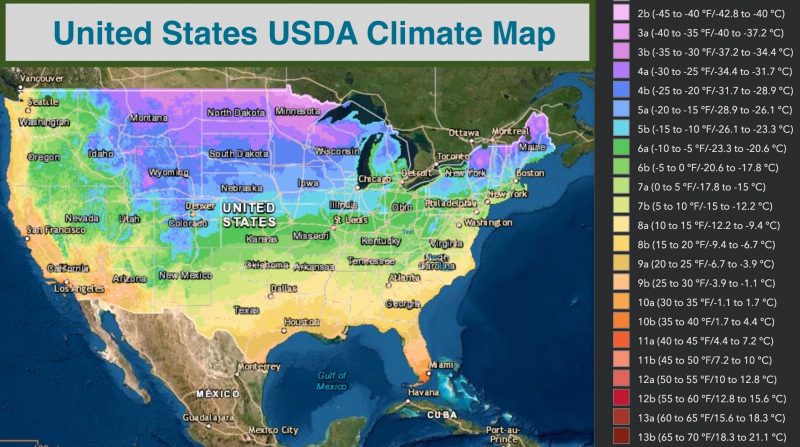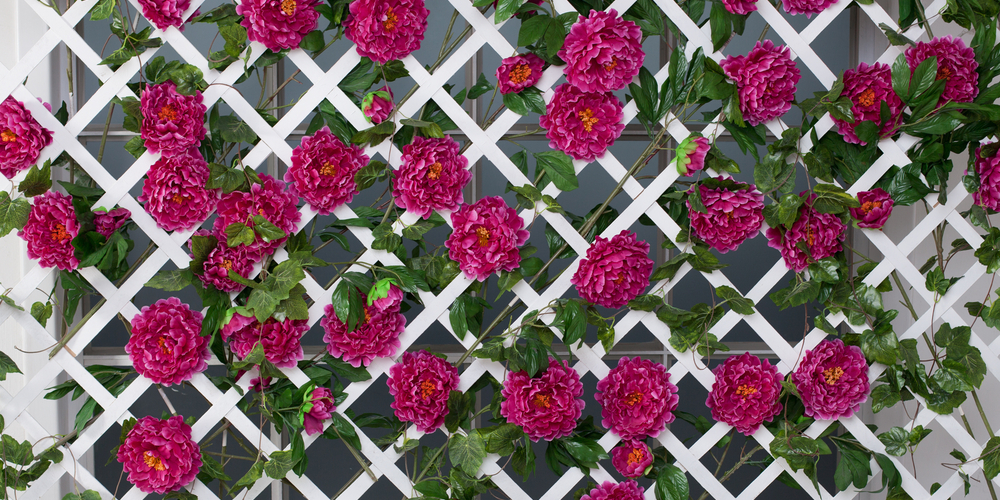Rose bushes are among the most attractive plants you can have in your garden. However, as the growing season ends and winter starts to beckon, your plants might be affected by the incoming cold. At this point you could be wondering, ‘will frost hurt rose bushes?’
How Cold Hardy are Rose Bushes?

Roses are a cold-hardy species, with some able to survive winters in zones 3 and 4. The exact recommended growing zone will depend on the rose cultivar you have, but generally speaking, these plants should be able to grow in zones 3 through 11 with little to no problem.
Rose bushes should be able to handle light frost for several days without suffering any kind of damage to their stems. However, for hard frosts, your rose bushes might experience stem or branch dieback, but their cane should be relatively unharmed.
Cold-hardy roses in zone 3 can take temperatures of up to minus 40 degrees F, while other varieties won’t be able to survive sustained frost temperatures of minus 32 degrees F. In these cases you may need to dig up your rose bush and transplant it to a warmer area, or move your potted rose bush inside to keep it safe until spring comes around.
Frost Damage on Rose Bushes
Frost damage will be mostly superficial to a healthy rose bush provided that it’s in a dormant or resting state.
Your rose bush might spurt out new growth in the fall season, which will then be susceptible to freezing temperatures come winter. It can have a detrimental effect on your plant’s overall health as the stems and branches can get damaged by the cold (and weaken the rose bush).
As long as the rose bushes’ base and roots are still alive, then there’s a chance your plant will come back the next growing season. Roses usually enter a period of dormancy when they sense that the cold season is coming, which is a natural survival instinct on their part.
You probably won’t need to do anything else but allow the weather to blow over and look forward to your rose bushes producing beautiful blooms next year.
How to Protect Rose Bushes From Frost
Preparation is everything when it comes to protecting your rose bushes from frost.
There’s very little you can do at the onset of freezing temperatures in winter. However, there are a few things you can do during the summer and fall season to ensure your rose bushes survive the incoming cold.
Stop Fertilizing in Late Summer
Gardeners will want their rose bushes ready and able to adapt to the low temperature come wintertime, and this involves knowing when to stop feeding their plants nutrients.
It’s wholly recommended that you stop feeding your rose bushes fertilizer in late summer. Specifically, you’ll want your plants to start preparing a month before the first frost date in your area. Fertilizing encourages new growth, which in turn will likely get damaged by the frost and lead to lower plant health.
During this period, it’s best to also stop cutting off spent rose blooms (or deadheading) as a way to tell the rose bush to harden off for winter. You can also start clearing leaf debris around the plant to reduce the risk of diseases.
Add Lots of Mulch
Mounding is an acceptable method of protecting rose bushes from hard frost.
The process involves surrounding the base of the bush with a mounding medium, such as rose collars, organic mulch, and soil, among others. The idea here is to preserve the warmth around the plant so the temperature won’t be as cold as its surroundings.
Covering with mulch or a mix of compost and soil somewhere around 10 to 12 inches will work wonders in keeping your rose bush safe from freezing and thawing cycles. You can continually add insulative material such as straw or boughs as the mound freezes.
Water Appropriately
Rose bushes still need water even when it’s winter, albeit at a much-reduced volume. Check the soil’s water content using a moisture meter or something similar- if it’s dry, give your plant a drink and check the moisture content again afterward. Do this once a month or more if there are warm periods and sunny days.
Related Article: White Spots on Rose Bush

